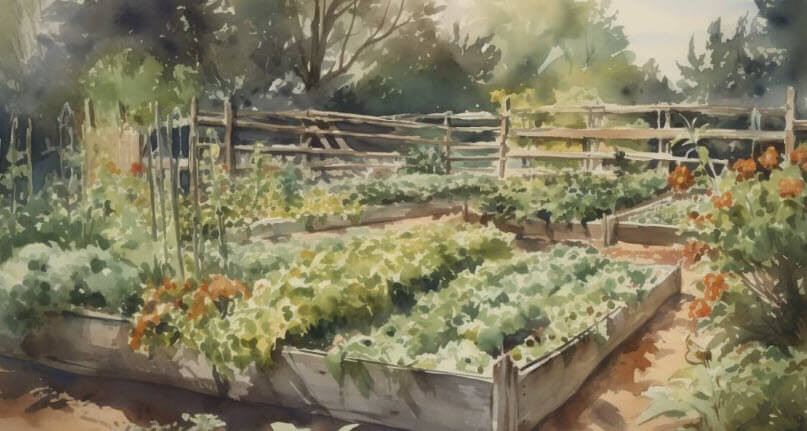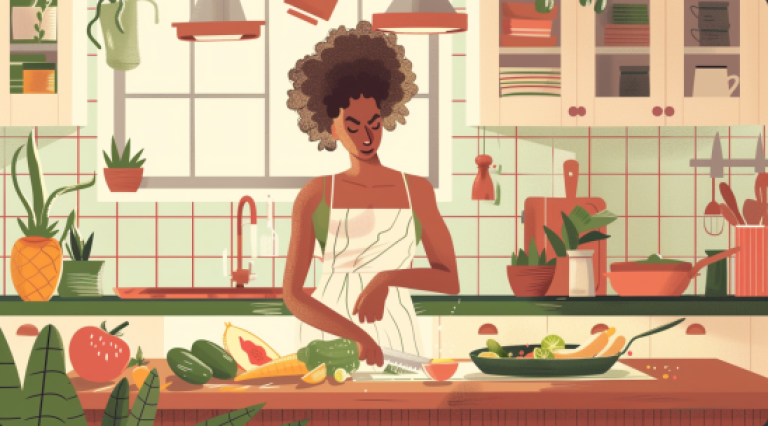Would you prefer to listen to a short podcast discussion about this article? Click on the audio below.
Table of Contents
Getting into the garden is one of the most rewarding hobbies you can have. The joy of planting a seed and watching it grow into a thriving plant is unbeatable. But did you know that gardening is more than just a hobby? It’s a wonderdrug that can improve your mood, health, and overall well-being. Here are some incredible benefits of gardening that you should know.
Get Your Hands Dirty: Gardening is the Ultimate Mood Booster
Engaging in planting and growing is an excellent method to bask in the warmth of the sun and relish the outdoors. It has been scientifically proven to enhance one’s mood, which can aid in reducing symptoms of depression and anxiety. Research has demonstrated that spending time in nature can elevate your mood and lessen stress levels. Furthermore, it instills a feeling of achievement and meaning, which can heighten your self-confidence and overall contentment.
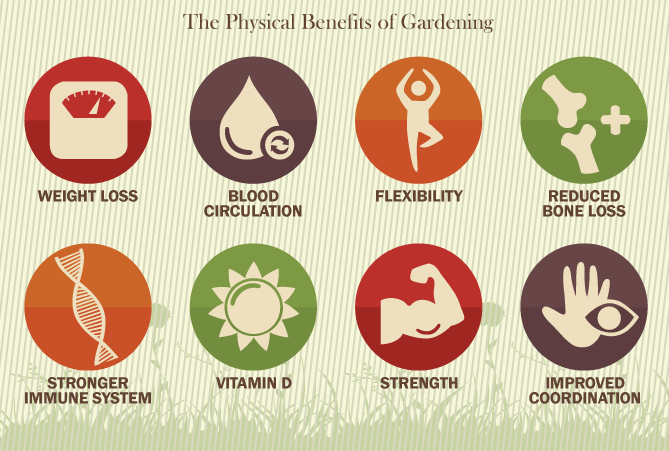
The Secret to a Longer Life: This Hobby Can Improve Your Health
This hobby or pastime is a great way to stay active and get exercise. It’s a low-impact activity that can improve your strength, flexibility, and endurance. Gardening is also a great way to get fresh air and sunlight, which can boost your immune system and help prevent disease. Studies have shown that gardening can also lower your risk of heart disease, stroke, and other chronic illnesses.

Say Goodbye to Stress and Anxiety: Enjoy Your New Therapy
Having a garden is a natural stress reliever that can help you relax and unwind. It’s a meditative activity that can distract you from your worries and help you focus on the present moment. Gardening also gives you a sense of control and accomplishment, which can reduce anxiety and improve your overall mental health.
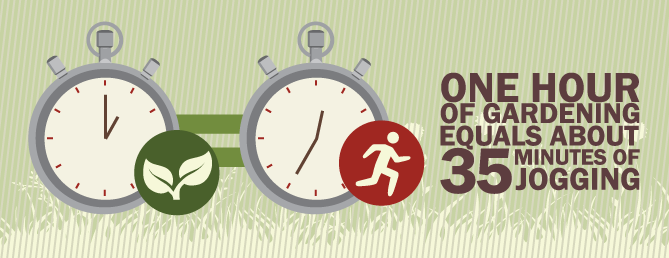
From Seed to Plate: The Best Way to Connect With Nature
One of the most rewarding aspects of gardening is the ability to grow your own food. There’s nothing quite like the taste of fresh, homegrown produce. Gardening also helps you connect with nature and understand the importance of sustainable living. It’s a great way to teach children about the environment and the importance of taking care of our planet.
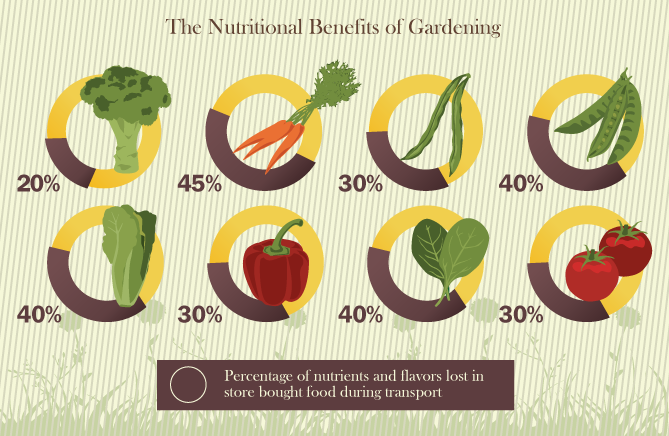
This is more than just a hobby. It’s a wonderdrug that can improve your mood, health, and overall well-being. Whether you’re a seasoned gardener or just starting, there are countless benefits to getting your hands dirty and planting something beautiful. So grab a shovel and get to work – your mind and body will thank you for it!
FAQs
Q: Why is gardening good for mental health?
A: It has been found to have various mental health benefits such as reducing stress, anxiety, and depression. It can also improve mood, boost self-esteem, and promote relaxation.
Q: How does gardening benefit physical health?
A: It is a great form of exercise that can improve physical health by increasing strength, flexibility, and endurance. It also promotes cardiovascular health, improves hand-eye coordination, and can be a source of vitamin D.
Q: What are the benefits for the environment?
A: Gardening can promote environmental sustainability by reducing carbon footprint, supporting local ecosystems, and providing habitats for birds and other wildlife. It also helps to conserve water and reduces the use of harmful chemicals and pesticides.
Q: How can gardening improve social connections?
A: This hobby can bring people together by creating opportunities for social connections and community building. It can also promote knowledge sharing and skill development.
Q: What are some tips for starting a garden?
A: Some tips for starting a garden include choosing the right location, selecting appropriate plants for the climate and soil conditions, preparing the soil, and watering and fertilizing appropriately. It is also important to pay attention to sunlight and shade patterns in the area and to consider the time and effort required for maintenance.
Q: Is gardening accessible to everyone?
A: Gardening can be accessible to everyone with adaptations and modifications such as raised garden beds, container or vertical gardens, and tools designed for those with disabilities. Community gardens and adaptive gardening programs may also be available in some areas.
Q: How can gardening be incorporated into daily life?
A: It can be incorporated into daily life by starting small with a few plants or herbs in a windowsill or balcony garden, or by joining a community garden. It can also be used as a way to connect with nature and take a break from technology and screens.
If you need any further information or assistance with this article, don’t hesitate to Contact Us
